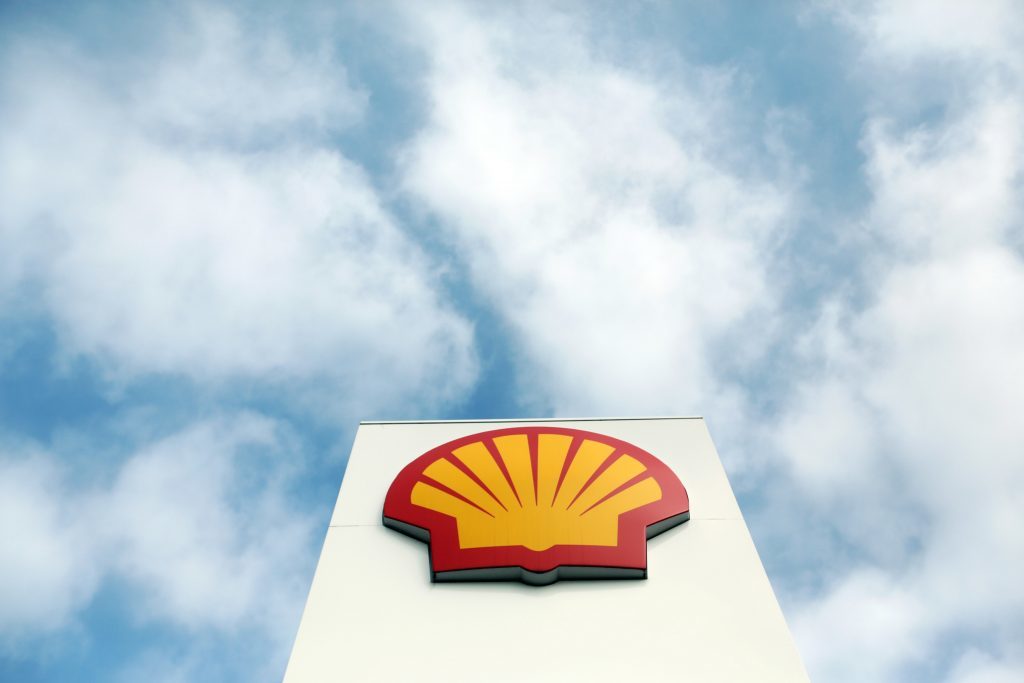
Opportunities for new North Sea field investment are “beginning to appear on the horizon”, according to Shell UK’s commercial manager Ben Taylor.
The upstream commercial lead for the supermajor’s North Sea operations admitted that there are still many “challenges” facing the industry.
He cited the balancing act of juggling decommissioning older assets with maximising the remaining North Sea reserves as one such test for the sector.
But he said there should be optimism that a change of perception from within industry culture should lead to signs of renewed activity.
Speaking at a business breakfast in Aberdeen, Mr Taylor said: “When you talk across industry there’s an opportunity now for new field investment beginning to appear on the horizon.
“We’ve still got challenges though and we’ve still got opportunities, we’re still shaking through that work on cost and performance that we have all been on.
“That’s largely due to the change in the oil price environment but also as a response to some pretty poor performance factors we seen in 2014 and earlier in 2013.
“I think the opportunity that we have got is how do we successfully manage that juxtaposition of decommissioning activity but also new field activity and maximizing economic recovery.
“The old routes that we have had to success will not be the same as the future routes.
“The remaining 10 to 20billion barrels of oil are not the same as the first 10 to 20billion barrels of oil. It’s much smaller, more complex and tends to be much more risky.”
Mr Taylor also said it was important to anchor the supply chain and technological innovation in the north-east, when he spoke at the Vangard Legacy Phase event, organised by Brodies LLP in association with the Aberdeen and Grampian Chamber of Commerce.
And key to repeating past mistakes would be enabling a return for investors without driving price increases.
He said: “If we start to see the return to the boom and bust cycle that we’ve seen in this industry in the past then we’ll soon find a quick end to the North Sea.
“We need the cultural, behavioral and investor mindset to change in order for that to happen.
“On top of that technology is critical.
“Finally it’s how we play our role in the energy transition. We’ve got to think aout how we go about our operations, seeking ways to reduce our CO2 emissions for what we are doing offshore and thinking about how we work with investment that is being made for windfarms or in the electricity infrastructure.”
Mr Taylor added: “But in that we must also remember that we still need oil and gas.
“There is a lot of life left and it, together with a resilient north-east of Scotland, will continue to play an important role in the next chapter of the North Sea oil and gas business.”
